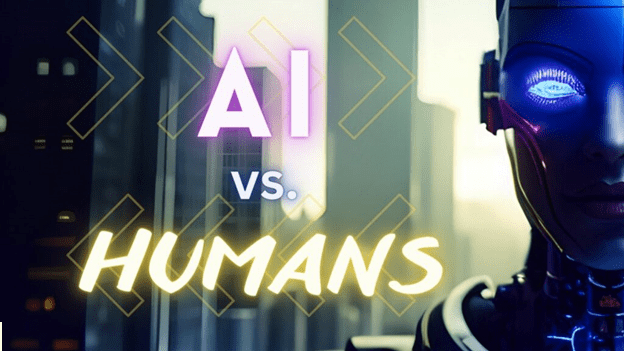The Inevitable Question
Artificial intelligence has infiltrated nearly every creative discipline — from digital art and music to design and marketing. AI-generated portraits win awards, chatbots write poetry, and algorithms now recommend the color palettes of our lives.
Yet amid this technological revolution, one question continues to surface: Can AI ever truly replace human creativity?
Surprisingly, some of the most compelling answers are coming not from Silicon Valley — but from the world of beauty and cosmetology.
Where Art Meets Science
Few industries rely as deeply on creativity as the beauty sector. Every haircut, makeup look, or skincare plan is a unique act of design — a visual interpretation of mood, identity, and confidence.
And like many creative fields, cosmetology is now integrating technology in transformative ways. From AI-powered skin analysis tools that predict hydration levels, to augmented reality apps that simulate hairstyles and colors, innovation is changing how professionals work.
But the best cosmetologists know something algorithms don’t: that artistry requires empathy.
No software can interpret the subtle communication between client and professional — the trust, intuition, and emotional sensitivity that drive truly personalized results.
Education in the Age of AI
This intersection of technology and artistry is reshaping beauty education. Schools across the U.S. are teaching future professionals how to combine technical skill with digital literacy.
At institutions such as the Cosmetology & Spa Academy, students learn both the science of hair, skin, and nails and the creativity required to translate that science into beauty.
Choosing the right training matters more than ever. With AI changing so many industries, students often wonder how to choose a beauty school that can prepare them for a future where machines assist, but humans still lead.
In practice, that means learning not only how to perform treatments — but how to think critically, design, adapt, and empathize. These are the human abilities no algorithm can replicate.
AI as a Tool, Not a Replacement
AI’s growing presence in creative work has sparked debate about job displacement. Yet the beauty sector offers a model of augmentation, not replacement.
For example, AI-assisted tools can analyze facial symmetry, recommend color schemes, or project virtual results before a client commits. But it’s the human professional who interprets those insights — balancing aesthetics with individuality, emotion, and culture.
In that sense, cosmetology mirrors broader truths about the future of work: technology may streamline routine tasks, but it cannot replace judgment, nuance, and care.
As one beauty educator put it, “AI can show you ten versions of perfection — but only a human knows which one makes a person feel beautiful.”
Career Adaptation in a Changing World
For many professionals, understanding how AI fits into their career path is no longer optional — it’s essential. In industries built on skill and creativity, education is the differentiator between those who adapt and those who fall behind.
Prospective students often ask, is cosmetology school still worth it in an age of automation?
According to resources like this guide, the answer lies in what beauty education now represents: not just job training, but a foundation in creativity, problem-solving, and lifelong adaptability.
The same evolution applies across industries. The more technology advances, the more valuable uniquely human intelligence becomes.
The Value of Experience and Empathy
Technology may accelerate learning and enhance efficiency, but experience — the kind developed through hands-on interaction — remains irreplaceable.
Even in cosmetology’s earliest stages, when students meet licensing requirements or explore age eligibility, they are already developing the interpersonal and tactile awareness that technology can’t teach.
And once they graduate, many discover an expanding world of opportunities. As shown in recent analyses of top-paying beauty careers in Illinois, the profession continues to grow — not shrink — as automation rises. People still crave connection, trust, and creativity in the hands that shape how they see themselves.
A Human Advantage That Endures
Across industries, AI is teaching us that data can inform — but it cannot feel. The future of creativity lies not in competing with technology, but in partnering with it, amplifying what makes human expression unique.
In that respect, the beauty industry offers a profound reminder: artistry isn’t about efficiency or replication. It’s about understanding the individual — something no machine, no matter how advanced, can ever fully grasp.
As AI evolves, it may change how we learn, design, and create. But the spark that drives creativity — curiosity, empathy, and emotion — remains unmistakably human.



































